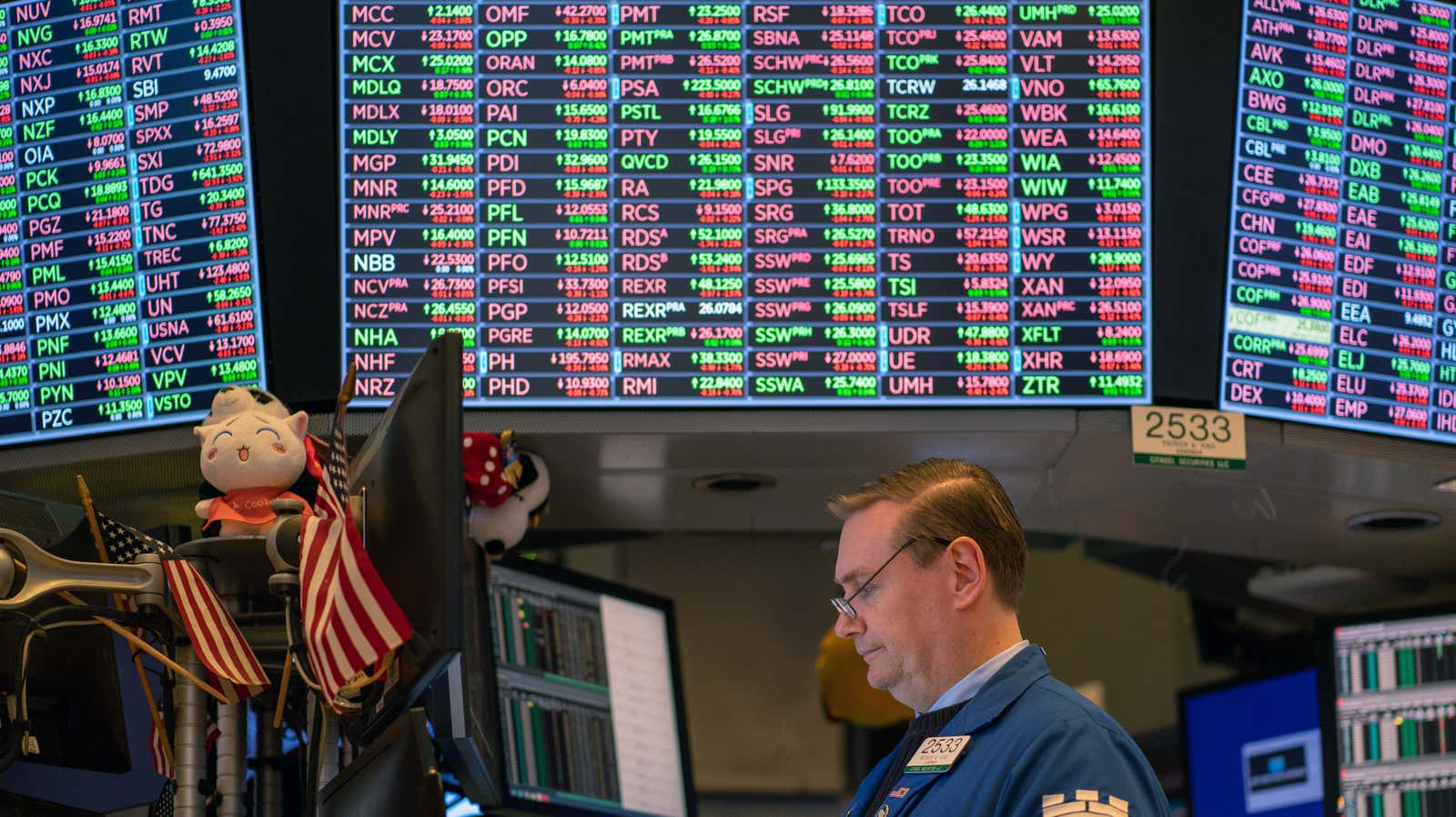The Coronavirus Outbreak Won’t Ruin Your Investment Portfolio

Everyone is talking about the coronavirus outbreak that originated in China, but did you think the virus could affect your money? At the end of last week, increased volatility began on the global markets, and this week, it is likely to be even more.
Today, on the first trading day after the lunar New Year holidays, Chinese markets saw a significant drop. The Shanghai Composite fell 7.7% and the Shenzhen Composite fell 8.4%. This is the largest one-day drop since 2015 and 2007 for these markets, respectively.
You can expect markets around the world, including ours here in the US, to react accordingly. For example, on that day in August 2015, the Dow Jones fell, rose, and fell again in response to global concerns about the strength of China’s economy.
But this time the reaction is based on a different type of fear. The market downturn reflects concerns about China’s performance and economic health during the outbreak, but there are also concerns that the coronavirus could threaten global health.
Already today, the Dow, S&P 500 and Nasdaq Composite have shown gains, recovering from Friday’s sell-off that, CNN notes , canceled out their otherwise positive January results.
But the good news is that you should probably spend more time practicing hand washing than worrying about your investment.
Since this is not the first time an outbreak has raised global concern, we have evidence that the market has previously worked in similar situations. As Mark DeCambre writes for MarketWatch , the impact of disease outbreaks often results in only a “short-term” market response. After Zika (2016), Ebola (2014), cholera (2010), H1N1 (2009), avian influenza (2006) and SARS (2003), market response recovered after about a year after this event.
DeCambre includes a chart showing the MSCI Global Index for all countries , which includes companies from 26 developed and 26 emerging markets. After each of the outbreaks listed above (and several other recent health events), productivity declines one month after an outbreak tend to recover within six months. This is not to say that six months after the outbreak, the index has shown an astounding gain, but only that its performance has returned to something close (or better) than during the outbreak.
Of course, you cannot calculate the market based on past events. The outbreak “is likely to have more severe global implications than it did in 2003,” Oxford Economics’ Ben May told the Wall Street Journal , referring to the SARS outbreak. But unless there is an obvious indicator of this “larger” impact, it is best to assume that it will be a bumpy road for your portfolio for at least a few months.
If you want to make a short-term return on your investment, you should have a very conservative outlook for the next month or two. But if you’re investing for the long term, like retirement, you can be pretty confident that any drop in your portfolio will recover in time.